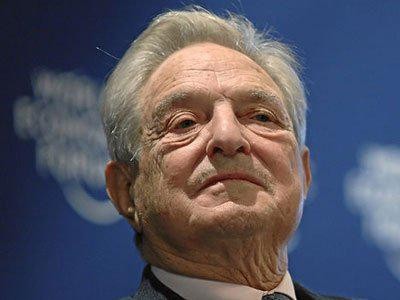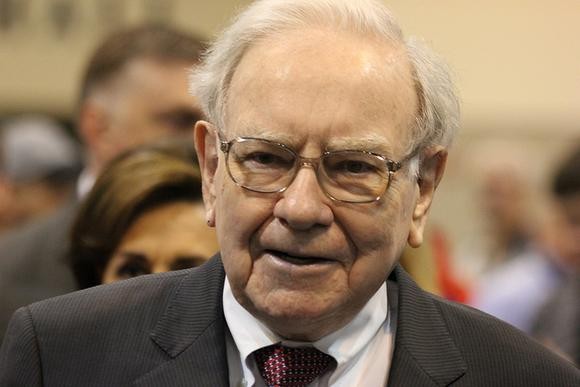George Soros Insights on an investment great
Post on: 16 Март, 2015 No Comment

2C132 /%Some people believe the financial markets are efficient. George Soros, on the other hand, believes they can best be described as chaotic. This, in turn, creates opportunities. Investment analyst Lourens Rabé of Seed Investments has done some digging around on what makes Soros a modern investment success story. Hes put together a fascinating primer on the life and philosophies of George Soros. Take this nugget: Soros claims to not only rely on analysis but also on his own physical aches and pains when making buying and selling decisions. JC
By Lourens Rabé*
2C150 /%
Investment analyst Lourens Rabé looks at George Soros.
Currently aged 84, and residing in New York, George Soros was born in Hungary. He survived the Nazi occupation of Budapest and thereafter fled the communist rule in Hungary in 1947 when he went to London as an impoverished student to study at the London School of Economics. There he studied philosophy and paid his way, working as a railway porter. In 1956 he moved to America and started working as an analyst and trader.
In 1973, after some positions at New York based investment firms, Soros went on his own and started Soros Fund Management. Their flagship fund, The Quantum Fund, which he ran for almost two decades, reported annualised returns in excess of 30% from 1970 to 2000, one of the most successful hedge funds in history.
He is known for his logical, yet abstract, investment style and has developed what he calls the theory of reflexivity. In its economic perspective it basically says that prices do in fact influence fundamentals, and that these newly influenced set of fundamentals then proceed to change expectations, thus influencing prices and the process continues in a self-reinforcing pattern. Because the pattern is self-reinforcing, markets tend towards disequilibrium. He believed that financial markets can at best be described as chaotic. Prices and currencies depend on people or traders (professional and non-professional) who buy and sell these assets. People often tend to act out of emotions rather than logical considerations.
He is most known for his highly leveraged trades in the international currency markets. He was a short term speculator – making huge bets on the direction of financial markets. He was very aware of behavioural biases in the financial markets. I rely a great deal on animal instincts. He was not shy to “move with the herd”, but always watched for an opportunity to get out in front and make a killing. Its not whether youre right or wrong thats important, but how much money you make when youre right and how much you lose when youre wrong.
He would have an instinctive physical reaction about when to buy and sell; making his strategy a difficult model to emulate. “Im only rich because I know when Im wrong I basically have survived by recognizing my mistakes. I very often used to get backaches due to the fact that I was wrong. Whenever you are wrong you have to fight or [take] flight. When [I] make the decision, the backache goes away.”
George Soros gained international notoriety when, in 16 September 1992 (aka “Black Wednesday”), he put a $ 10bn trade on a single currency speculation when shorting the British pound. He turned out to be right, and the trade generated a $ 1bn profit in one day. This trade is considered one of the greatest trades of all time. Later it was reported that his profit on the transaction almost reached $ 2bn. As a result, he is famously known as the the man who broke the Bank of England.

He has written a few books, his first and most famous being the Alchemy of Finance (1988).
He is no longer managing his own money full-time, but his touch remains: last year, he apparently made a reported $ 1bn shorting the Japanese yen. Today he actively focuses his time on philanthropy and politics and you will see his views regularly on international news sites. He once wrote “My success in the financial markets has given me a greater degree of independence than most other people This allows me to take a stand on controversial issues: In fact, it obliges me to do so because others cannot.”
Upon receiving an honorary doctorate from Oxford University he said he wanted to be presented as follows: “I would like to be called a financial, philanthropic and philosophical speculator. Food for thought.
Sources: Investopedia, Forbes, Wikipedia, GeorgeSoros.com
Also read:














